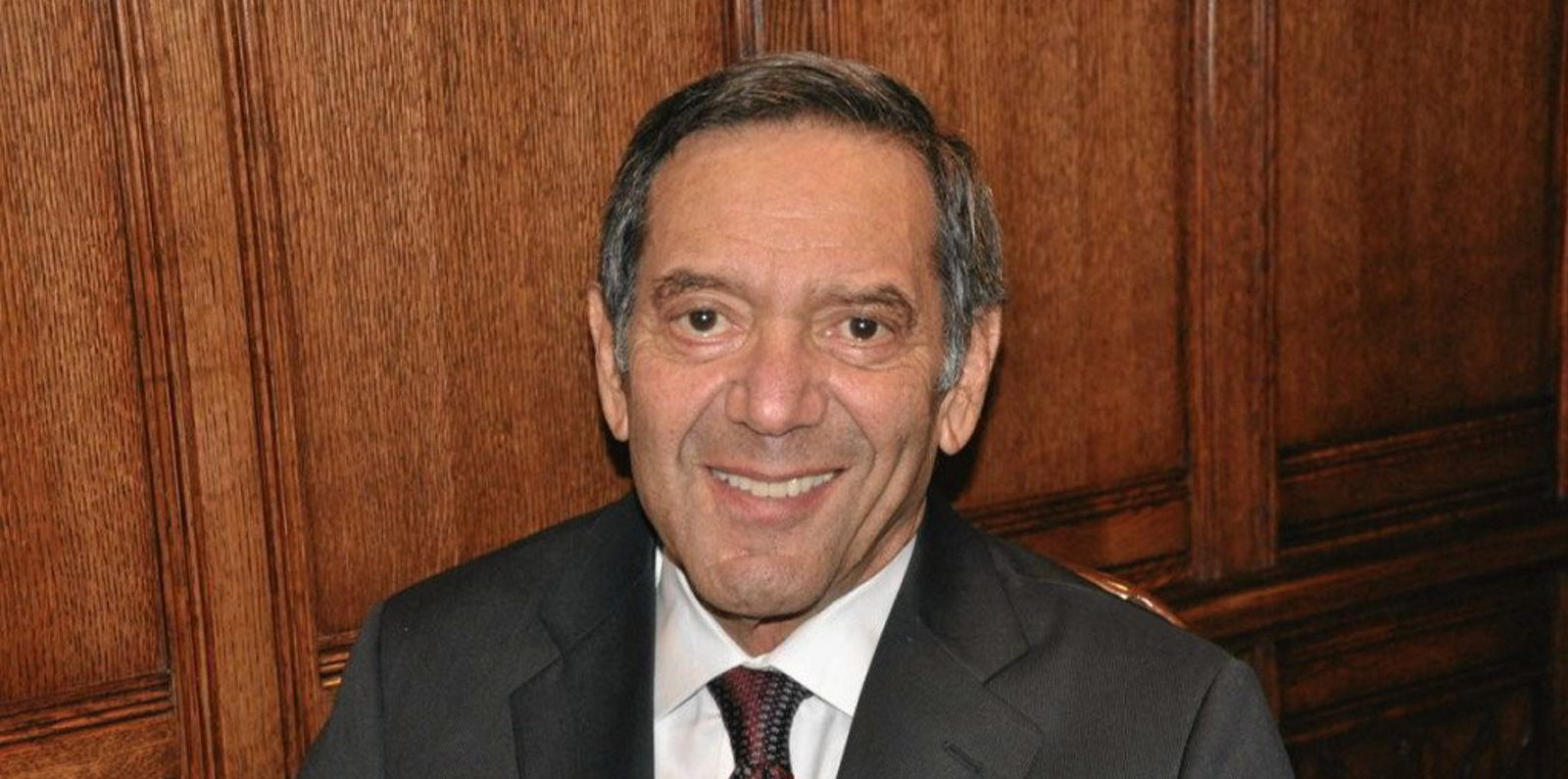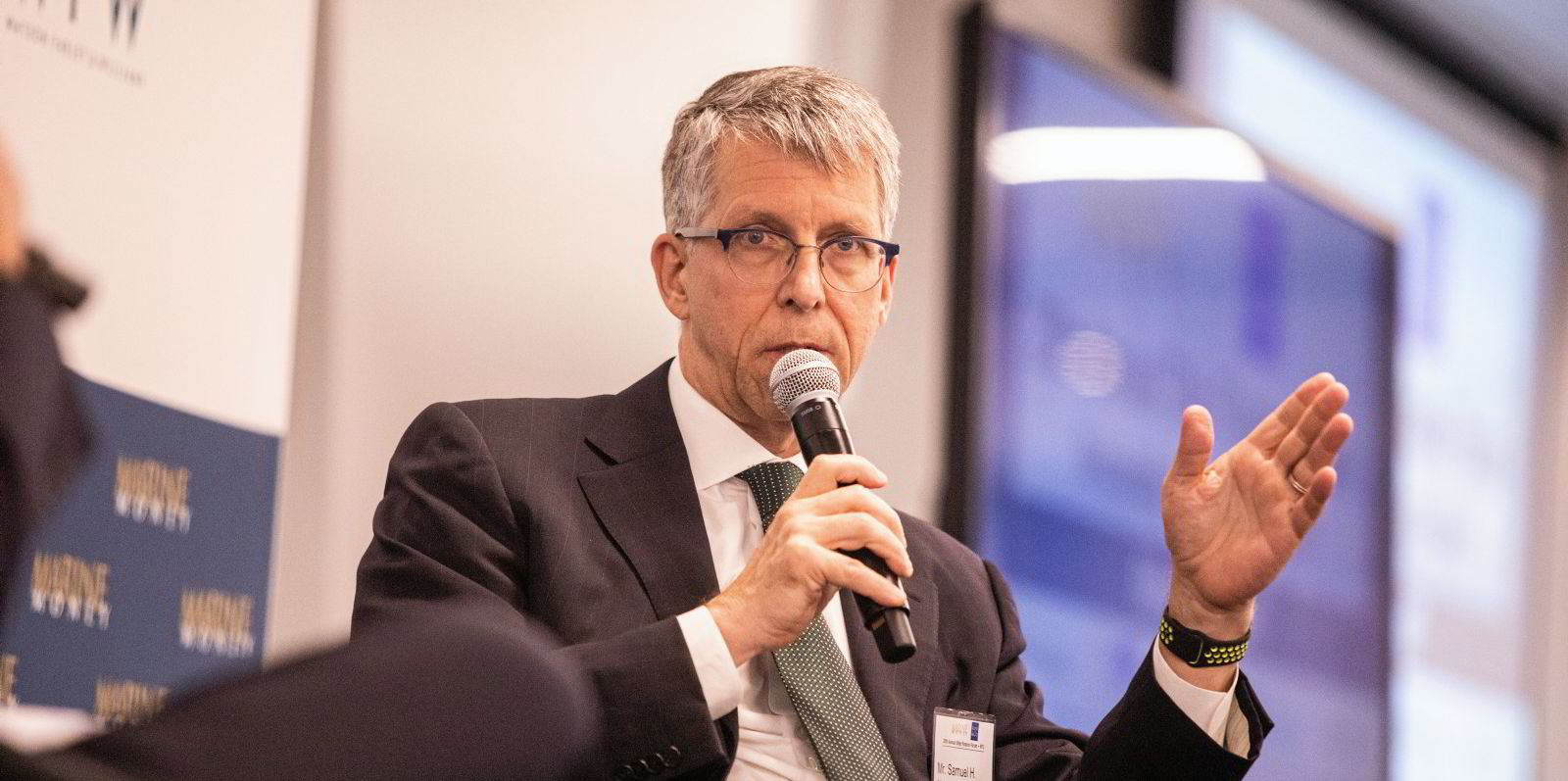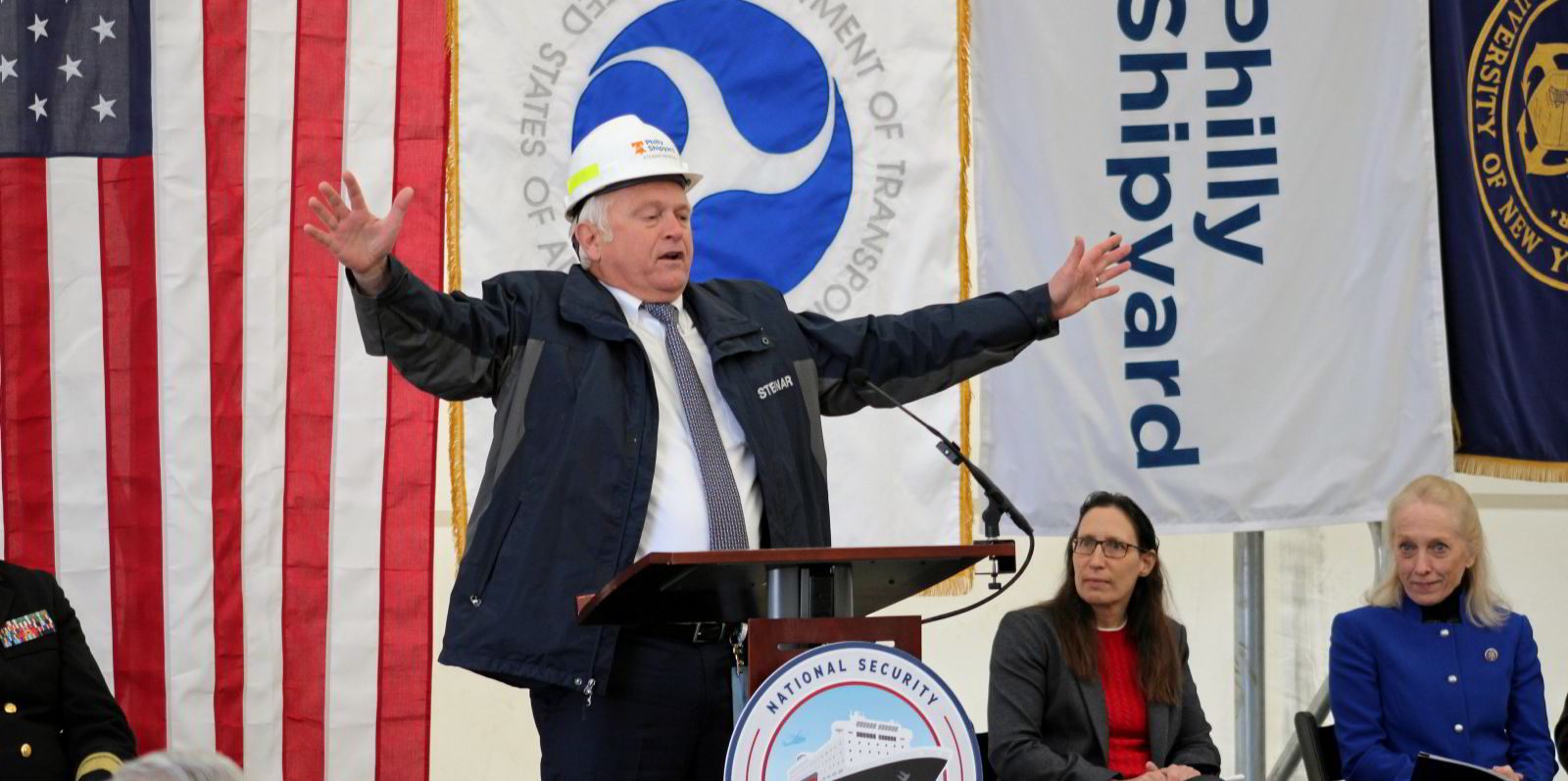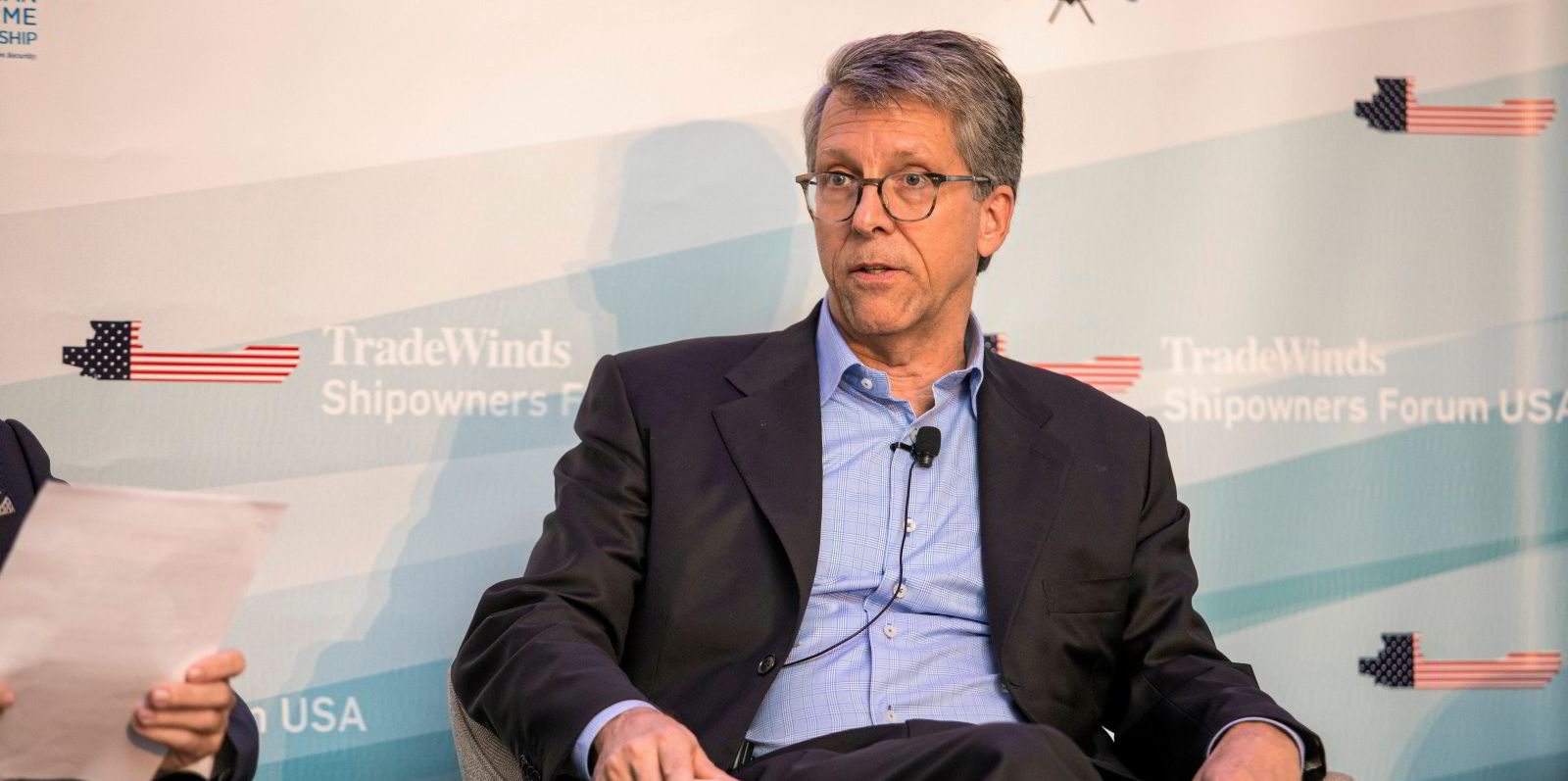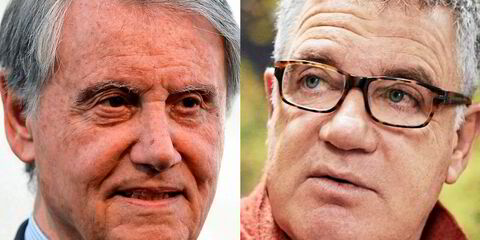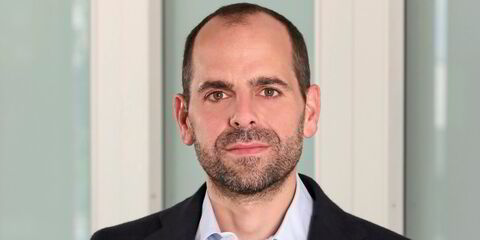Stan Barer, a low-profile but major figure in US shipping, has died at the age of 82.
Saltchuk Resources, which Barer helped co-found with nine other investors nearly 40 years ago, announced on social media that he died in his Seattle home on Tuesday night.
A cause of death was not disclosed, but Barer had been fighting cancer.
"During the past six years, Stan fought a courageous battle with cancer, repeatedly overcoming low odds," Saltchuk said in a LinkedIn post.
"Throughout his battle and personal hardships, Stan never lost his smile or optimism about life. His awards and recognitions are too many to list, as he lived his life always intending to make an impact, which he succeeded in accomplishing."
Saltchuk, then known as Tote Resources Corp, was created in 1982 to acquire Totem Ocean Trailer Express for $47m.
At the time, the company now known as TOTE Maritime owned just two ro-ros used in the Alaska trade.
In the intervening years, Saltchuk would acquire a host of companies across the US maritime industry, including tug and barge operator Foss Maritime for $16m in 1987, Philadelphia-based Interocean Management for $5.8m in 1989, and Hawaiian interisland freight company Young Brothers for $41.6m in 1999.
The company's last maritime acquisition was Florida-based Tropical Shipping in 2014, which serves the Bahamas and the Caribbean. It most recently made an ultimately-abandoned offer to take Jones Act tanker owner Overseas Shipholding Group private.
In 1997, Barer was given the Admiral of the Ocean Sea award by US seafarer welfare organisation United Seamen's Service.
Barer, a one-time federal prosecutor, was also a partner at Seattle law firm Garvey Schubert Barer, now known as Foster Garvey.
In 2018, he was honoured in Beijing for his role in negotiating the resumption of shipping between the US and China.
His firm was one of a select few recommended by the Chinese government for work with Chinese firms.
It represented what is now China Cosco Shipping, which sailed its first ship to Seattle in 1979.

Barer had already played a role in opening up trade with China during his time on Capitol Hill, where he served as legal counsel and then chief of staff to US Senator Warren Magnuson, before coming legal counsel to the US Senate Committee on Interstate and Foreign Commerce.
"The Washington State China Relations Council will miss one of its most influential founders," said Nor Coquillard, executive director of the trade promotion council that still lists Barer as a board member.
Born to a Jewish family in Walla Walla, where his father ran a scrap metal business, Barer earned both his undergraduate and law degrees from the University of Washington.
"Stan recognised the barriers he faced because of bigotry and discrimination, and throughout his life, he worked not only to overcome those barriers personally, but to remove them for all people," wrote University of Washington president Ana Mari Cauce in a tribute on the school's website.
"He earned his law degree from the UW School of Law as a pathway to self-sufficiency, but ultimately put it to use in service of creating pathways to opportunity and prosperity for all."
Among those contributions, she said, was helping to author the Civil Rights Act during his time as a US Senate staffer.
After graduating, Barer also served in multiple volunteer capacities at the university, including a role as a regent.
"Stan is everywhere you look at the UW, but one of his most enduring legacies will unquestionably be his deep involvement with UW Law, where he and [his wife] Alta created the Barer Institute for Law & Global Human Services, including its innovative fellowship programme," said Cauce.
"The fellowship program has transformed the lives of the fellows – midcareer lawyers from developing countries – and the people and places they represent, the true manifestation of Stan’s passion for the power of law to advance justice, equity and human rights."
Toby Holmes, a business development executive at Seattle-based Cubic Transportation Systems, remembered working side-by-side with Barer during his first job out of grad school.
"He was always interested in a rigorous conversation to seek deeper understanding and helped us all be more intellectually honest," he said on LinkedIn. "Thanks Stan."
